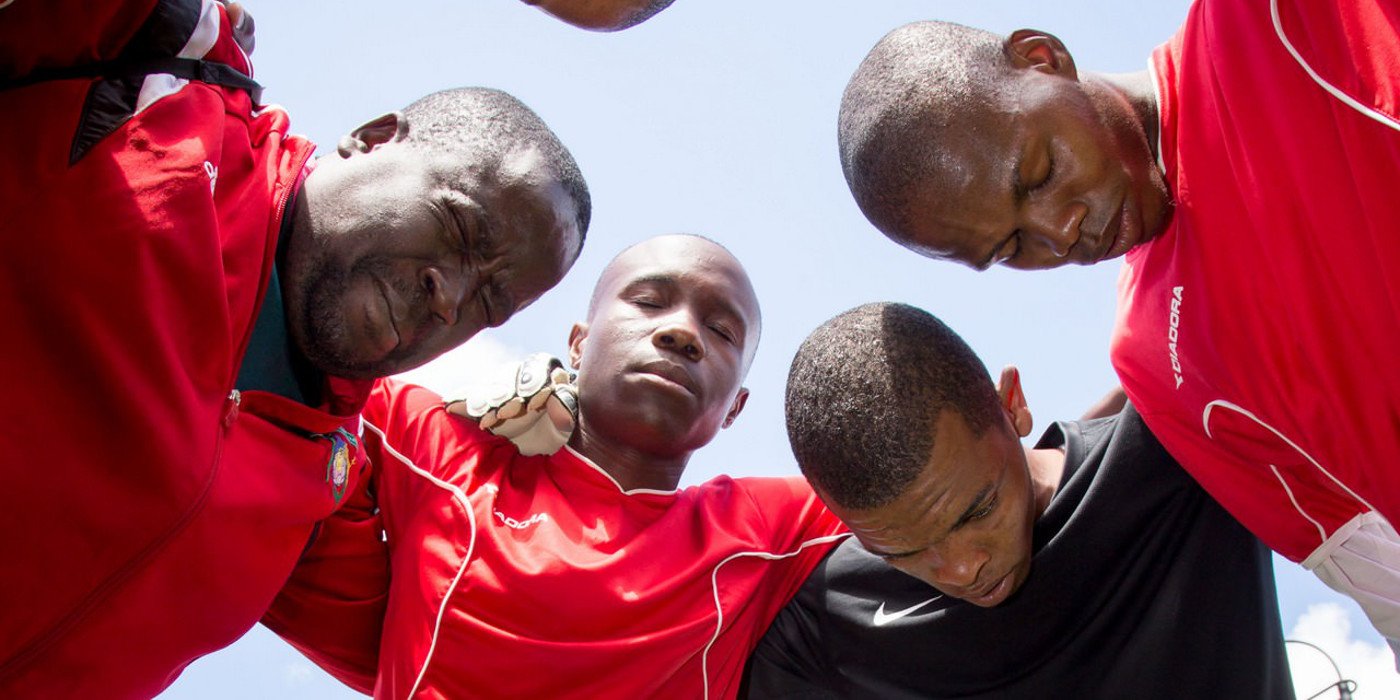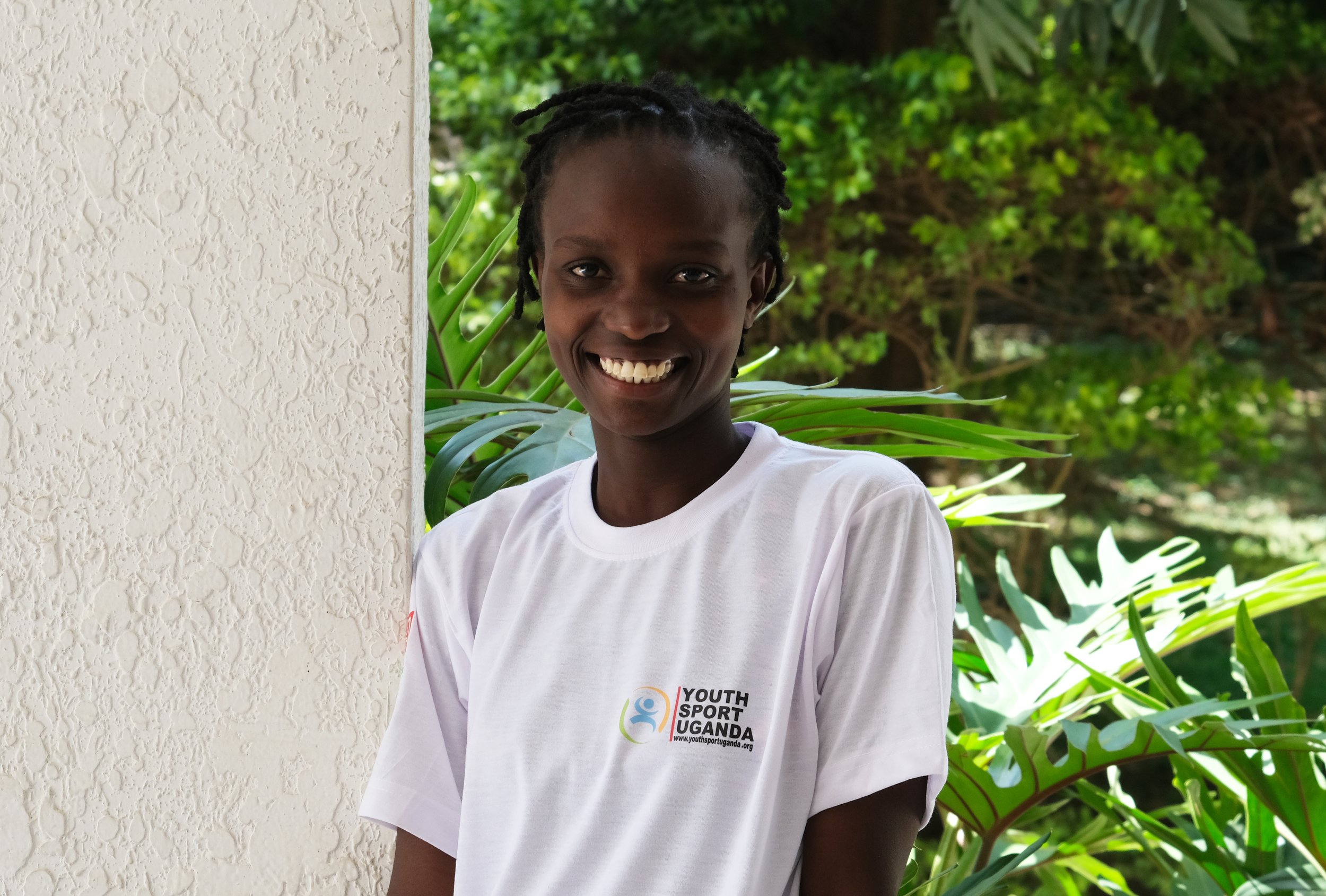
NAMIBIA
SECOND CHANCE STREET SOCCER PROJECT
Second Chance Street Soccer Project is an NGO that utilises football as a tool to eliminate poverty and homelessness in Namibia. They operate in the towns of Windhoek (capital) and Ondangwa and engage around 70 participants who are vulnerable to extreme poverty, substance abuse, and marginalisation.
The Second Chance Street Soccer Project aim to reach vulnerable men and women through sport and offer them a chance to improve their quality of life. Through sport, Second Chance Street Soccer introduce participants to a range of other services in order to help them further their education and find employment.
ORGANISATION DETAILS
PARTICIPANTS
Vulnerable and socially marginalised men and women, and people suffering from substance misuse.
LOCATIONS
Windhoek and Ondangwa.
Country statistics
142 out of 189 in Human Development Index rankings (UNDP, 2022)
$4,280 Average annual salary per person (World Bank, 2023)
Only 10% of the population can afford to buy a house (Amnesty International, 2018)
Namibia is a small mineral rich country in Southern Africa with a population of around 3 million people (Worldometers, 2025). The majority (55%) live in rural areas, and despite legal travel to neighbouring country South Africa being frequent among the wealthier population, very few people permanently relocate abroad (CIA World Factbook, 2024).
Unemployment is a big problem in the country, 36.9% of the population are unemployed according to statistics from January 2025 rising from 33.4% in 2018 (Reuters, 2025).
Namibia's President-elect Netumbo Nandi-Ndaitwah, the first women to hold the position in the country, pledged to tackle the country’s high poverty rate and unemployment after being elected in December 2024. She also mentioned a need for land reform and a more equitable distribution of wealth.
The country despite being considered a middle-income country by the World Bank is one of the most unequal in the world, with 43% of the population reported as facing multidimensional poverty by a government report in 2021 (Reuters, 2024).
The country was hit by the worst drought in 100 years in 2024, with 40% of the population facing acute food shortages (WFP, 2024).
Former President Hage Geingob referred to the housing situation in Namibia as a “humanitarian crisis” in 2018. As of 2023, some 230,000 families were living in informal settlements nationwide with little access to welfare services or any guaranteed housing security. With urbanisation predicted to rise, the Namibian government identified the urgent need to improve access to affordable housing and services in its cities (Namibian Government, 2023).
Namibia is aspiring to be an international oil and gas supplier after hydrocarbon was found offshore in 2022, however commercialising the resources is proving to be complicated, leading to delays in financial investment and returns for the country (Reuters, 2025).
STORIES from the region










